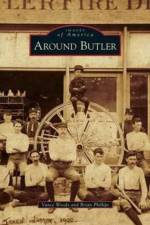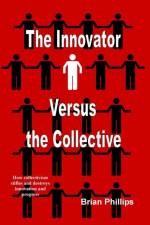- Causes and Cures
av Brian Phillips
267
Few people deny that America has a severe shortage of affordable housing for low- and moderate-income households. While there is agreement that a problem exists, there is little agreement about a remedy. Government officials at every level, along with housing advocates, frequently put forth a variety of policy proposals in an attempt to address the problem. For more than a century, government officials have created an assortment of programs and policies in an attempt to provide Americans with safe, decent, and affordable housing. The fact that today the affordable housing problem is worse than ever is testament that these programs and policies have failed. Despite this failure, we are routinely subjected to new policy proposals that are simply a variation on the same theme. The reason for this continued failure is the framework that has been employed since the beginning of the twentieth century. That manner of thinking led to numerous policies that exacerbated a modest housing problem. And the continued application of that framework has steadily made the problem worse. The affordability of housing is determined by many factors, not just the price for rent or a mortgage. For example, monetary policies have a direct impact on the interest rates charged for mortgages and new construction. Laws such as occupational licensing stifle the ability of individuals to start a business or enter a profession-i.e., improve one's income. The impact on the affordability of housing of these and other policies must be identified and considered. Unfortunately, the same flawed framework that has been guiding housing policy has also been guiding policies in other areas. If we truly want to solve the affordable housing crisis, then we must reject the thinking method that has dominated discussions of housing and related policies for more than a century. We must be willing to embrace a new framework, a new way of thinking about housing policy. In Part 1, I address the thinking that caused the housing crisis and continues to make it worse. We will examine the dominant framework, as well as an alternative. In Part 2, I look at the housing policies (and related policies) that were developed in the late 1800s and early 1900s. We will see how these policies impact the affordability of housing. In Part 3, I examine contemporary policies pertaining to housing. We will see that contemporary policies may differ from the failed policies of the past in details, but in principle they are the same. In Part 4, I present alternatives policies to address the housing crisis. I will show how we can truly enable all Americans to have safe, decent, and affordable housing.








